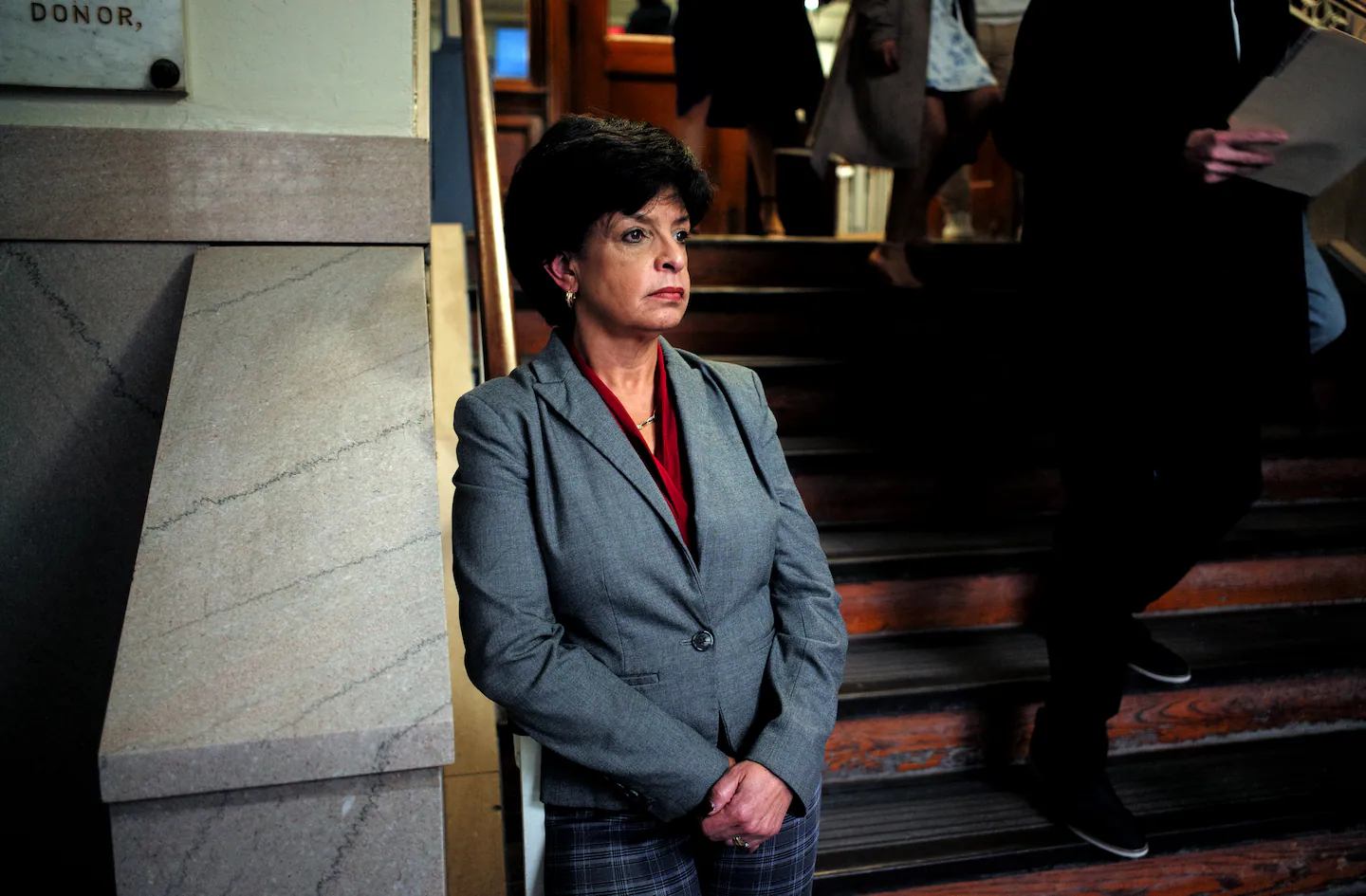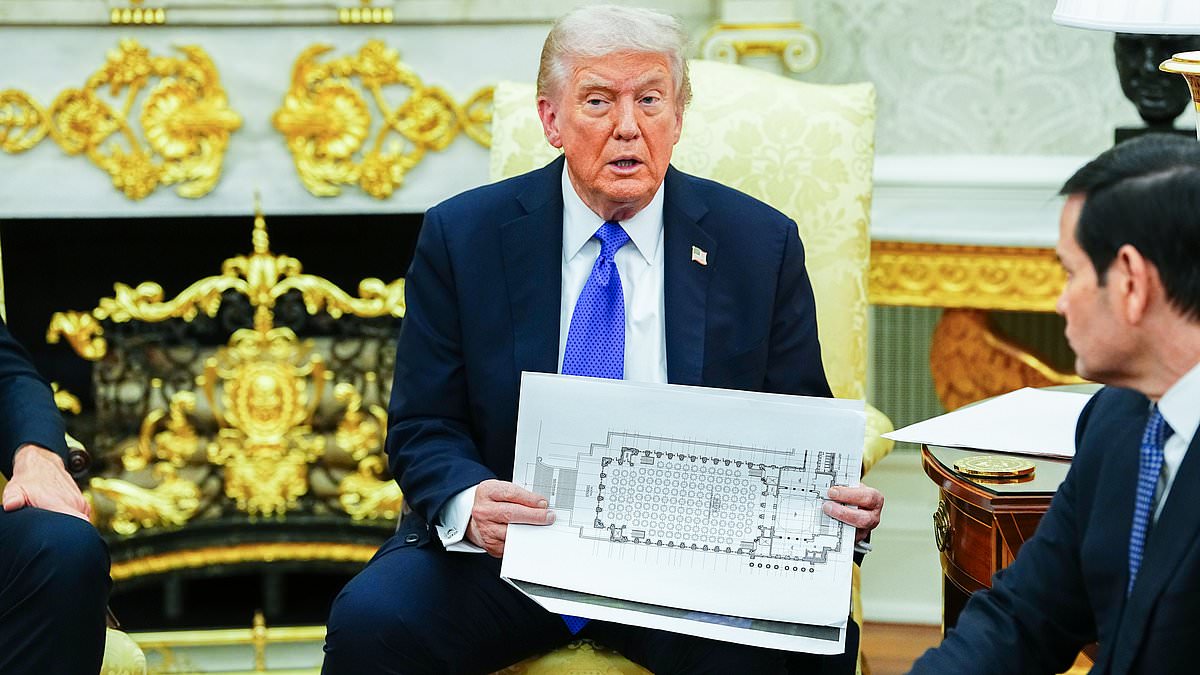Copyright The Boston Globe

“But with this administration, it’s like, oh my God, we’re going backward,” Nuñez said. Like many cities in Massachusetts, Lawrence suffered an economic decline in the last half of the 20th century, but lower rents and an immigrant culture helped attract newcomers from the Dominican Republic, Puerto Rico, and elsewhere. Today, their presence is marked by a gaggle of locally owned restaurants, cafes, and downtown businesses. More than 80 percent of Lawrence’s 89,000 residents are Hispanic, and community workers cite a strong, empowering sense of civic pride. Still, many residents are acutely aware of the city’s troubles, especially its long litany of controversies involving municipal officials. Lawrence’s schools have been in state receivership since 2011. A former city councilor pleaded guilty to voter fraud in August. And a former chief of staff to incumbent Mayor Brian DePeña was sentenced in March to more than three years in prison on federal child pornography charges. And that’s not counting the bribery conviction in 2014 of a top aide to former Mayor William Lantigua for pressuring a city vendor to donate a garbage truck to a community in the mayor’s native Dominican Republic. For activists such as Nuñez and Sarah Perez Marquez, both of whom emigrated from the Dominican Republic, the negative effects of a drumbeat of corruption taint the law-abiding people who live here. “For the people outside Lawrence, it might look terrible. But for me, it’s a wakeup call for the people inside,” said Perez Marquez, executive director of the city’s Hispanic Federation of Merchants and former board member of the Lawrence Redevelopment Authority. The latest hit occurred during the run-up to this year’s election, when state and city councilors began fielding complaints that supporters of several candidates, including DePeña, were manipulating absentee ballots to interfere with the balloting. Neither DePeña nor his chief of staff, William Castro, responded to requests for comment from the Globe. Castro had served as acting police chief until a state oversight board in 2024 suspended his credentials following a high-speed chase of someone suspected of passing a bad check. During the chase, Castro drove an unmarked department vehicle onto a sidewalk and into oncoming lanes of traffic on a bridge. The police oversight board said the chase violated department policy and that Castro allegedly lied in his report. In mid-October, Secretary of State William Galvin declared that his office would oversee Tuesday’s election. Among other concerns, the state found that mail-in applications and ballots had been submitted for people whose names were not on the documents. Other applications were incomplete, many were completed in the same handwriting, and some came from people who had never requested them, Galvin’s office said. In addition, workers from various campaigns engaged in ballot harvesting by targeting group homes for the elderly, City Council President Jeovanny Rodriguez said in an interview. “Volunteers from campaigns were going over, offering help to the elderly and also offering help to fill out the ballot,” Rodriguez said. The city’s elections staff also has been pressured inappropriately by DePeña, said Rodriguez, who described an atmosphere of intimidation at City Hall by the first-term mayor, who is running against Juan Gonzalez, a city firefighter. “He went over on multiple occasions saying things unprofessionally to employees, such as ‘I’m your boss. I can hire or fire anybody in the department,’” Rodriguez said of the elections department. After being alerted to election concerns, Galvin’s office met with staff from various campaigns in Lawrence. “Some of the conduct that had been complained of appeared to verge on the edge of criminal behavior, and we warned them about that,” Galvin has said. Their “general attitude” and “subsequent conduct,” he added, “led me to conclude that unless we directly intervened, we would have a problem and voters would be short changed.” The road to rebuilding the reputation of this Merrimack River city could be long and daunting, the activists said. Many politicians are distrusted, local government is not well understood, and many new arrivals do not come from homelands where transparent government is the norm, they said. “Lawrence is a city of immigrants, and when a city has a bad image, we’re all judged by the actions of a few,” Nuñez said. “But what I like about Lawrence is that it opened the door for us,” she added. “It’s a city that gave us a new home, and a place where we can raise our kids better than in our home country.” Both Nuñez and Perez Marquez, whose social-media posts about city government are widely read, received cease-and-desist letters from an attorney for DePeña shortly after the state took control of the election. “It has come to our attention that you have made and disseminated statements that falsely accuse Mr. DePeña of unethical behavior and corrupt practices, intimating criminal conduct,” according to the hand-delivered letter, which Nuñez shared with the Globe. Nunez responded sharply on social media. “Everything I have expressed publicly has been based on verified public records, official correspondence, and actions of public officials, which are matters of public concern and protected under the First Amendment,” she wrote Oct. 17 on Facebook. “I’m not scared!” Nunez added. Following the flurry of fraud allegations, the Lawrence City Council voted in September to opt out of “no excuse” mail-in voting for this election. Although residents still can vote by mail for medical or absentee reasons, Rodriguez said the council’s decision to ban other mail-in ballots is justified. “We as elected officials have to have one thing in common, and that is to protect the integrity of the voter,” Rodriguez said. DePeña symbolically vetoed the council’s decision, even though he has no power to do so. “Canceling vote-by-mail at this late stage would create confusion and limit access for seniors, residents with disabilities, and others who depend on it to exercise their right to vote,” DePeña wrote on Facebook on Sept. 30. “My responsibility as mayor is to ensure that every voter in Lawrence has full, fair, and equal access to the ballot box,” he added. Nuñez and Marquez Perez applauded the council’s action as tough but necessary. But not everyone in Lawrence agrees. In all, 747 applicants for mail-in voting have been told they now cannot use that option, according to Julio Mejia, executive director of the Merrimack Valley Project, a civic-engagement organization. To Mejia, the elimination of mail-in ballots is a form of voter suppression. “At the end of the day, you are stripping the rights of voters to participate in democracy,” Mejia said. “They should be discussing how to make local elections stronger and fair.” Instead, he added, “we’ve taken a step backward in democracy in a community where we should be leading by example.”



